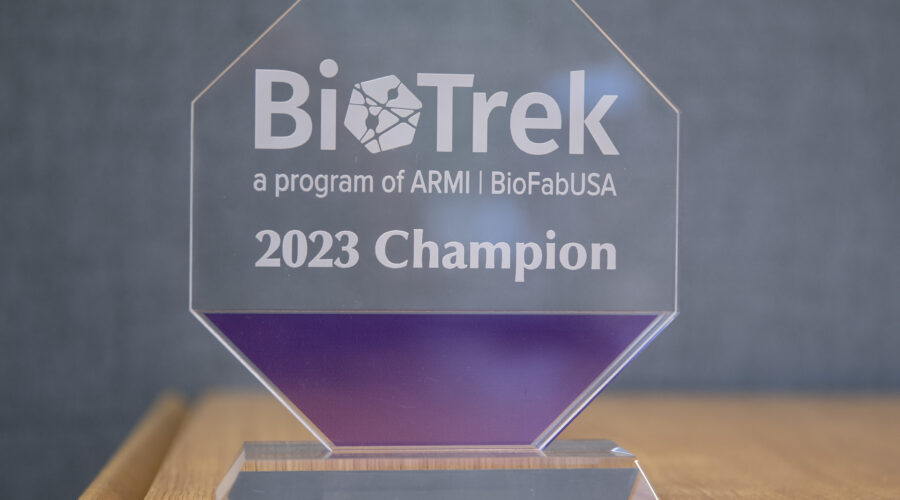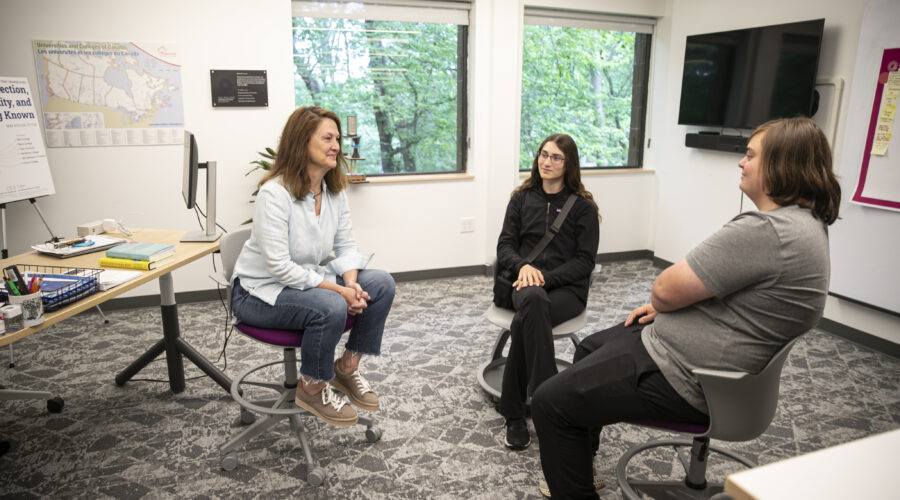Guiding Principles:
- CONTENT. Designing our areas of study to be relevant to students' lives now and their futures, as well as directly connected with national science standards.
- APPLICATION. Urging students to not only understand the content, but to be able to demonstrate its relevant application through hands-on projects.
- MODELING. Utilizing and constructing models to help represent ideas and explanations.
- SKILL BUILDING. Developing important science skills including science writing, data collection and analysis, fieldwork, and laboratory skills.
Developing students’ passion for the natural and designed world
Science is the systematic study of the structure and behavior of the physical, social, and natural worlds through observation and experimentation. The goal of science at NEIA is to develop Innovators’ ability to ask questions, collect information, organize and test ideas, solve problems, collaborate, and then apply the skills and content they have learned. We integrate Biology, Chemistry, and Physics into all of our science courses. Our curriculum encourages students to become curious, hands-on innovators.
MIDDLE SCHOOL SCIENCE
Integrated Science 7-8
Designed to build a strong foundational understanding of science concepts. The progression follows major science disciplines as outlined in the Next Generation Science Standards, covering Earth and Space Science, Life Science, and Physical Science. Throughout the curriculum, there is an emphasis placed on hands-on projects and the innovators’ ability to apply concepts we are studying to real-life situations along with building important scientific habits of mind.
UPPER SCHOOL SCIENCE
Grades 9-10 (Systems & Sustainability)
These courses open up pathways for integration and connection by organizing the curriculum around topics. These topics come from real-world issues that our innovators will have to grapple with in the years to come. We have chosen to step away from the traditional model of a discipline-driven curriculum (Biology, Chemistry, Physics) so that we can introduce a wide breadth of entry points into the curriculum, allow innovators to chase their passions into the curriculum, and not confine creative solutions. Through this process, our topics touch upon each of the major science disciplines from the perspective of application. This science curriculum is designed to train innovators to be forward-thinking problem solvers.
Grades 11-12 (Applications & Electives)
Students have the option to further their scientific knowledge through elective courses, such as BioFabrication and BioEthics and Physics, Engineering, and Robotics. Through this process, students become active, informed citizens of science who can apply their knowledge and skills to real-world challenges.
Scope & Sequence
Ecosystems
Foundations of Chemistry
Energy
Climate Change
BioFabrication BioEthics
Lab Skills & Experimental Design
Simple Machines
Planetary Geology
Solar Lamp
Climate Action
BioFabrication BioEthics
Lab Skills & Experimental Design
Anatomy & Physiology
Motion
Disease
Material Science
Physics, Engineering, and Robotics
DaVinci: Engineering & Mechanics
Cellular Functions
Flight
Water
Food
Physics, Engineering, and Robotics
DaVinci: Engineering & Mechanics
By fostering a love for exploration and discovery, we strive to inspire a new generation of scientists, engineers, and problem-solvers who will shape the world with their innovative ideas and solutions."




